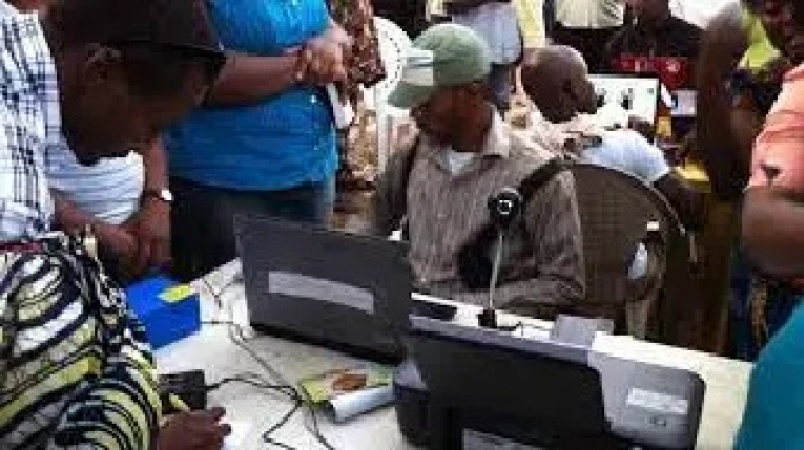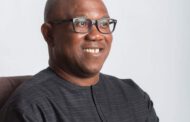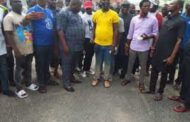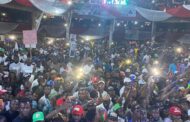Currently, many Nigerians, particularly young people, are making frantic efforts to register for and obtain their Permanent Voter Cards (PVCs) with a view to exercising their franchise during next year’s general election. Previously, the country’s electoral umpire, the Independent National Electoral Commission (INEC) had, in accordance with the election timetable, planned to end voter registration on June 30. However, a Federal High Court in Abuja stopped it from taking that course of action. Justice Mobolaji Olajuwon granted an order of interim injunction following the hearing of an argument on motion ex parte by a rights group, the Socio-Economic Rights and Accountability Project (SERAP). In conjunction with some concerned Nigerians, SERAP had filed a suit against INEC, asking the court to “declare unconstitutional, illegal, and incompatible with international standards, the failure of the electoral body to extend the deadline for voter registration to allow eligible Nigerians to exercise their rights.”
The applicants’ grouse was that INEC had extended the deadline for the conduct of primaries by political parties from June 3 to June 9, but had refused to extend the online pre-registration which ended on May 30 and the Continuous Voter Registration (CVR) which it planned to end on June 30. Naturally, the commission has obeyed the court order and the ongoing voter registration is gathering steam. According to the Chief Press Secretary to the INEC chairman, Mr. Rotimi Oyekanmi, Delta, Kano, Lagos, Rivers and Bayelsa States have taken the lead in the exercise. At the end of week 12 in the fourth quarter, Delta topped the list with 426, 965 registrants, followed closely by Kano with 426,598, while Lagos State had 416, 029 registrants. Rivers and Bayelsa had 393,624 and 392,976 registrants, respectively.
As a matter of fact, the INEC chairman, Prof Mahmood Yakubu, has spoken of the commission’s rather ambitious target, which is to register 20 million Nigerians before the end of the current exercise. As he noted, Nigerians who are currently participating in the ongoing CVR will get their PVCs by October. Speaking during the #YouthVoteCountMega Concert in Abuja recently, Yakubu said that 14,000 Nigerians had so far registered at the concert. He added that the commission intended to capture the youth segment of the population that had crossed the age of 18 since the 2019 general election. Earlier during the year, the commission had announced the creation of 56,827 new polling units.
To all intents and purposes, the ongoing voter registration exercise is a positive development. Voter participation is critical to the success of any democracy and even if it does not automatically guarantee good governance, the willingness by people of voting age to register and obtain voter cards can, all other things being equal, signal the deepening of democracy and democratic institutions. However, the point cannot be ignored that the registration exercise started over a year ago and millions of Nigerians, including young people mouthing the need for a radical change in the state of affairs in the country, failed to avail themselves of the opportunity. Apart from making it possible for people to register online, INEC engaged in massive voter education exercises and constantly called on Nigerians of voting age to register for and obtain their PVCs. Sadly, the political parties, preoccupied with matters of power capture, failed to strengthen the commission’s efforts to mobilise the populace for voter registration. That, however, raises questions regarding their credibility and the popular perception of their performance record. It is perhaps axiomatic that political parties with a record of quality performance in office can more easily mobilise the populace than those with a bleak record.
Now, prospective voters are rushing to register, putting undue pressure on INEC and disrupting the meticulously drawn electoral timetable. For the country to make progress, the culture of wanting to do things only at the last minute or when there is an ultimatum must change. It has made the election timetable chaotic and unwieldy. In any case, in failing to put their house in order and asking the commission for extensions under the auspices of the Inter-party Advisory Council (IPAC), the country’s political parties did not exactly cover themselves in glory. They must change their attitude to electoral matters and see themselves as bodies that need to work closely with the commission and other stakeholders in consolidating democracy in the country. The issue of last-minute voter registration as part of Nigeria’s political culture has to be addressed. It is inhibitive and unhelpful to the democratic process. (Nigerian Tribune














